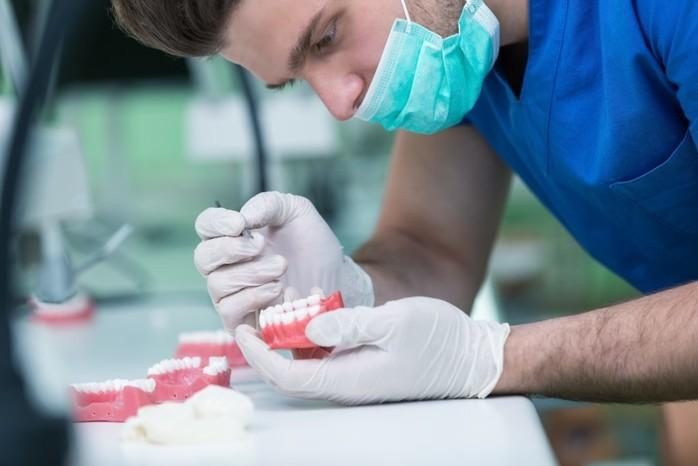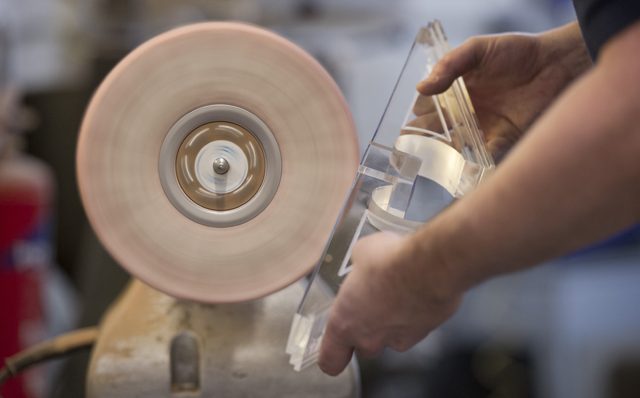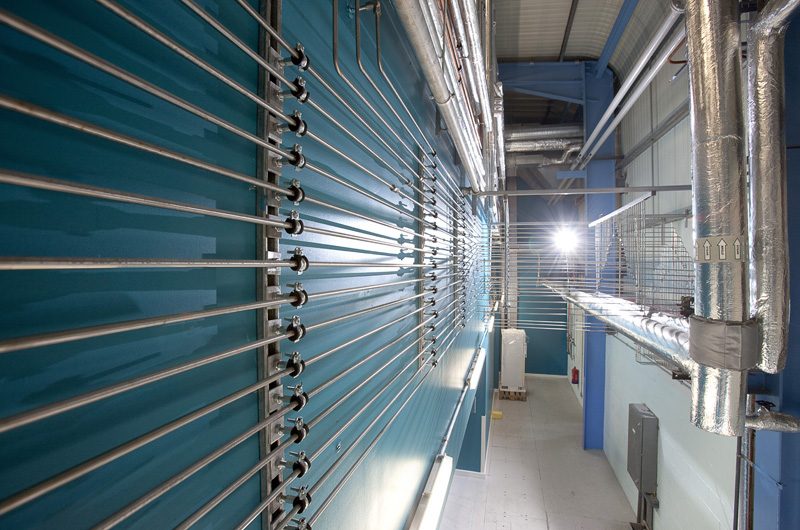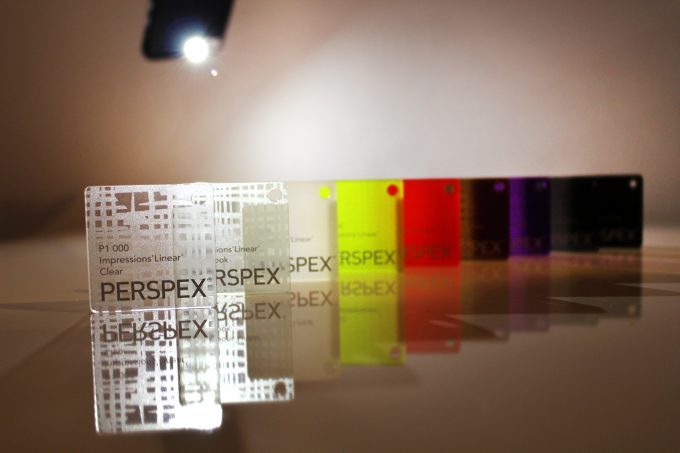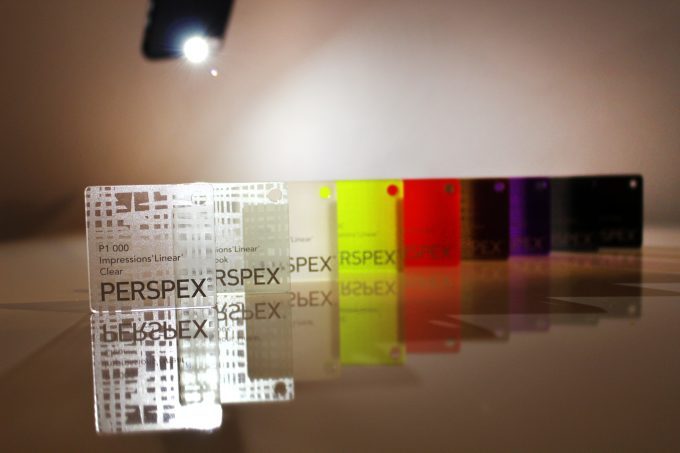If you want to build a pilot plant, this is the place to do it as you don’t have to worry about any of the utilities or services – it’s all here.
Dr Neil Tindale, MCC-Lucite International
MCC-Lucite International (MCC-Lucite) was originally founded in 1935 – then part of ICI. Among its earliest products were the acrylic canopies for Spitfires because of the safety features that the material offered for the pilot over traditional glass. The use of acrylic products really took off (no pun intended!) during the war, as more and more applications were developed, and its use has grown ever since.
For the past 20 years, nine of MCC-Lucite’s global departments have been based at the Wilton Centre in Teesside, 15 miles away from the company’s European manufacturing site. Dr Neil Tindale, Research Technology and Engineering General Manager, said: “The departments at the Wilton Centre have played a crucial role in developing both new products and manufacturing technology for the group’s production sites, and this has included designing whole new plants around the world. It is, of course, really useful to be so close to the facilities that the Wilton Centre offers, so that our technology departments can really focus on innovation.”
The range of products that MCC-Lucite offers has changed hugely over the years; there are more and more acrylic-based products than ever on the market, and they are transforming our lives, from false teeth and hip replacement ‘cement’ to TV light guide panels and tools to improve the safety of offshore oil extraction. Importantly, throughout this wave of innovation, the company has not lost sight of important industry challenges like sustainability. MCC-Lucite takes a really strong stance on this issue and is continuously working to lead the way in improving the recycling of acrylic products. We are also looking to displace some oil-based manufacturing of acrylics by developing a manufacturing route to methacrylate monomers via fermentation of bio raw materials such as sugar or wood.
With potentially fundamental changes like this in the pipeline, flexibility is essential – a factor that has proven very useful at the Wilton Centre already, as Neil explained: “Over the years, the space we occupy here on site has needed to be really flexible to accommodate the fluctuating numbers of external contractors who collaborate with us at various stages of project development. It’s great to be able to take on more space temporarily and establish a pop-up organisation for set timespans – from a few months to a few years. The technical development area space is also a real advantage, because it’s plug and play. If you want to build a pilot plant, this is the place to do it as you don’t have to worry about any of the utilities or services – it’s all here.”
To learn more about Lucite, please visit www.luciteinternational.com
